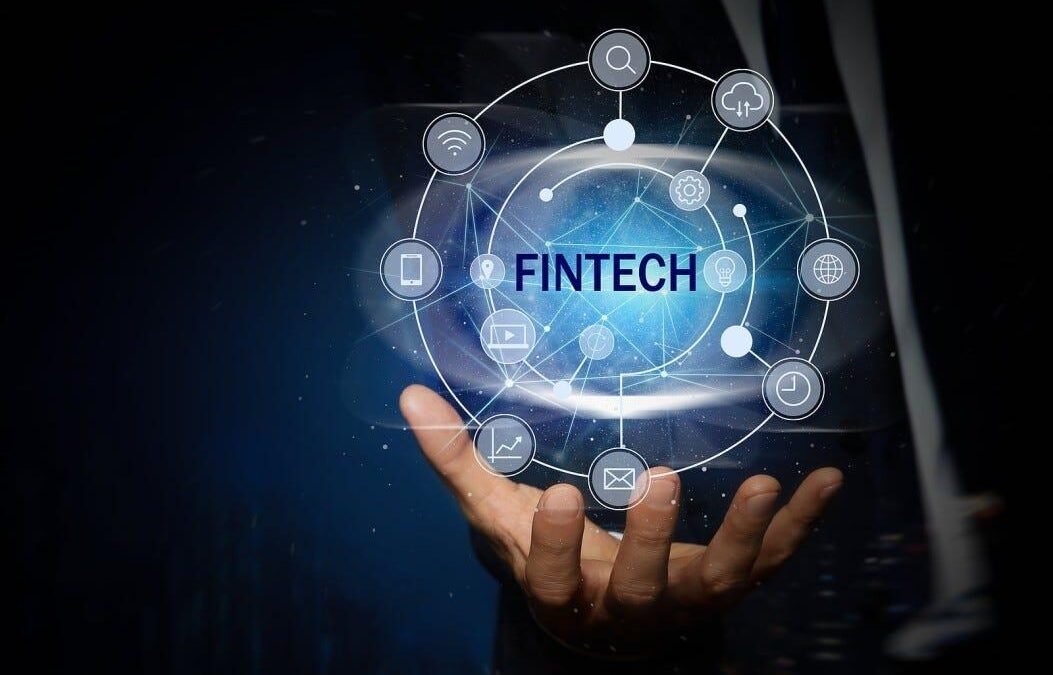Table of Contents
What is FinTech?
FinTech is denoted for ‘financial technology’ which signify to the utilization of technology to automate, improve, and serve innovative financial services.
Financial technology and services encouraging the utilization of digital technology in startups so that they could coming up with innovative financial services and products, such as:
- Mobile payments
- Alternative finance
- Online banking
- Big data
- Robo advisors
- Peer-to-peer lending
- Crowdfunding, & more
FinTech probably be a boon both for the banks. But, if banks leveraging the ability of FinTech services in the righteous manner, it’s a win-win for both.
Hence, a collaboration between the two is necessary. Here’s why!
Increased efficiency
With FinTech in the banking industry, they could hold one another’s streamlined procedure to strengths, automated tasking, and refined overall operational efficiency.
- FinTech do provided banks with access to cut-edge technologies
- Banks could offer FinTech organizations the customer base and regulatory expertise they wanted to scale the operations.
Access to new technologies
Collaboration between banks and FinTech permit both parties to implementing and access the good technological advancements.
– Banks could benefit from FinTech’s agility and innovation
Cost reduction
Through the planned association, banks and FinTech organizations could cut the costs connected with developing and integrating new one technologies. These savings after the costs-cut, could be passing on to customers via more competitive product lower fees and offerings.
Improved security
FinTech organizations often data protection and prioritizing security as financial transactions are quite sensitive.
By collaborate with FinTech, banks could enhancing their security measures, mitigating the risk of cyber threats, and protecting their customers’ sensitive info.

Enhanced customer experience
Fintech organizations have disrupting the financial services industry with the imaginative approach to the customer experience. They have a reputation for being affordable, faster, secure and efficient than traditional banks.
This has led to numerous fintech companies earn the faith of their customers through referral-based client acquisition and exceptional service. Banks could adopt FinTech’s customer-centric phase. This could lead to awesome service for customers and ultimate way increase their loyalty and trust to the bank.
Increased transparency
FinTech organizations are often praising for the commitment to transparency. This could positively influencing the banking industry. Through collaboration with the FinTech, banks could adopt more transparent practices like interest calculations, clear fee structures, and easy way accessible account information. This ultimately construct way bigger faith with the customers.
Improved accessibility
FinTech could extended financial services to underserved populations, specially in emerging markets. By partner with FinTech companies, banks could reached new customer segments, increase financial inclusion, and contributing to the overall economic development of nations.

Better branding
The influence of fintech on banking could be positive for the brand image.
By embracing showcasing and innovation the commitment to technological advancements, banks could position themselves as modern, customer-centric financial institutions and forward-thinking. This manner banks could attract a newest generation of tech-savvy customers.
How fintech is changing the financial industry
Artificial intelligence
FinTech could offered AI-powered solutions that could transforming the financial industry and banking. FinTech organizations are leveraging AI to;
- streamlined and Automate processes
- Served personalized financial advice
- Detect security or fraud breaches, and
- Enhancing customer service
Democratization of financial services
FinTech have been playing a great role in democratize financial services and has made them more accessible to a bigger range of businesses and individuals.
FinTech is leveraging mobile technologies to digital platforms to breaking the barrier to entering into the financial ecosystem. This empowering the underserved/unbanked potential customers to access financial services easy way.
Data personalization and analytics
FinTech organizations are harness the power of data analytics to offered customers with highly innovative and personalized financial services and products.
The advanced analytics feature in the FinTech apps permit them to analyzing customer behavior, credit history and spending patterns.
Utilizing this data, FinTech could serve tailored solutions to the customers. And by leveraging FinTech solutions, banks could too!
Smart chip technology
Smart chip technology, also denoted as EMV (Visa, Europay, Mastercard) has significantly impact the financial zone.
One of the most observable impacts of smart chip technology on the banking industry is that it has increasing the security of payment transactions. These chips develop unique codes for every transaction, which making it tough for fraudsters to gaining unauthorizing access.

Biometric sensors
FinTech has brought good inventive to the banking industry with its biometric sensors manner. Almost all the top fintech trends and predictions having mentions of the innovation.
Today, biometric sensors probably be integrated into financial services such as mobile banking, ATM transactions, and online payments. These sensors promoting improved convenience, enhanced security, and lessening fraud risks in the financial sector.
Financial inclusion
FinTech could drive financial inclusion by reaching underserved and unbanked populations by serving access to necessary financial services.
Conclusion
As we saw, FinTech has now become the heart of the financial and banking industry. Each bank that is sucessful today is as of the application of certain FinTech solutions into the system.



